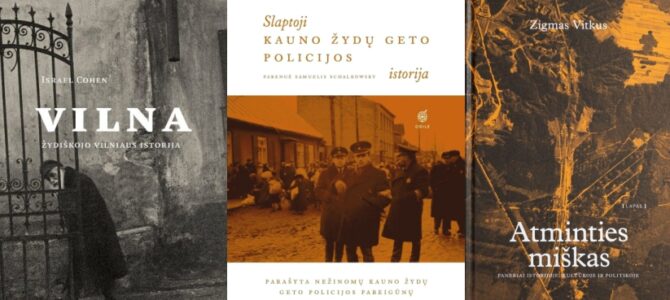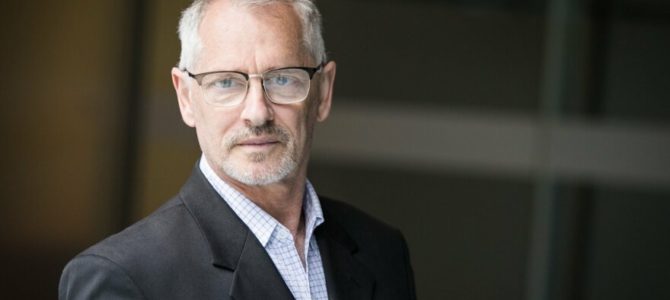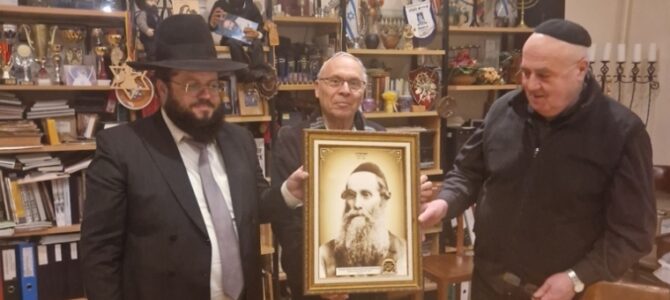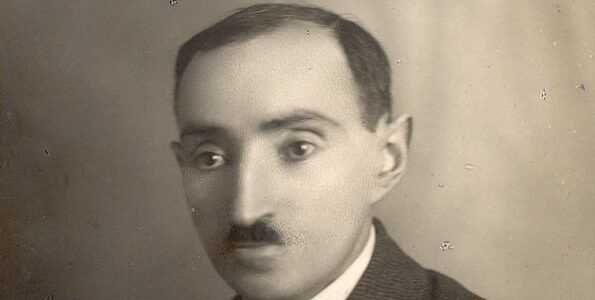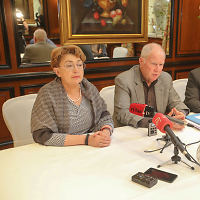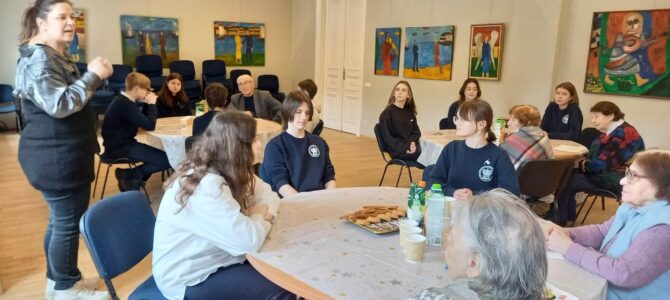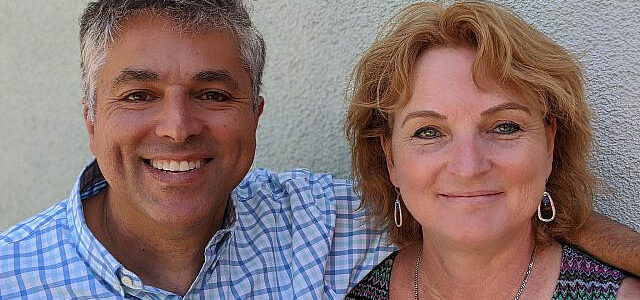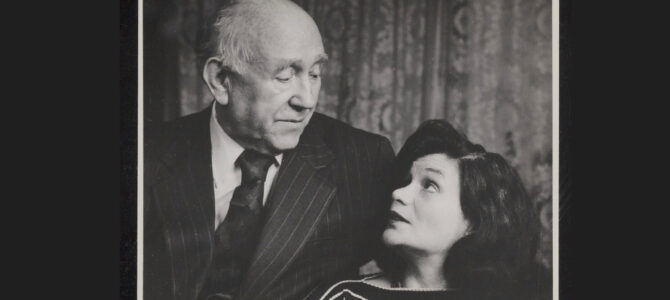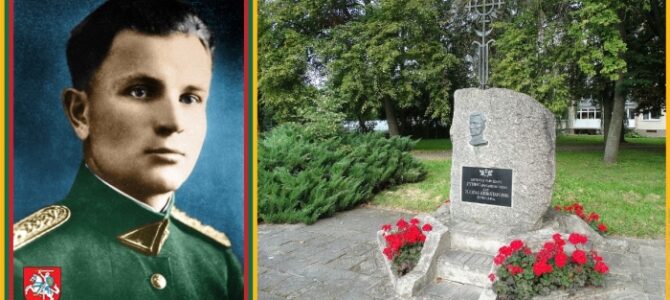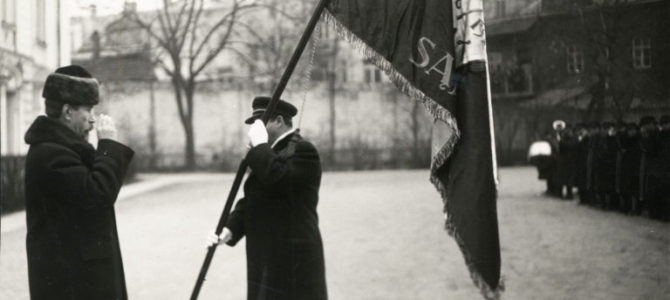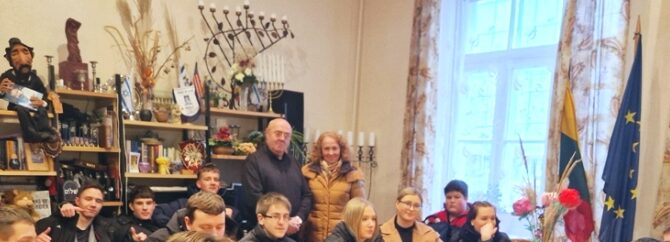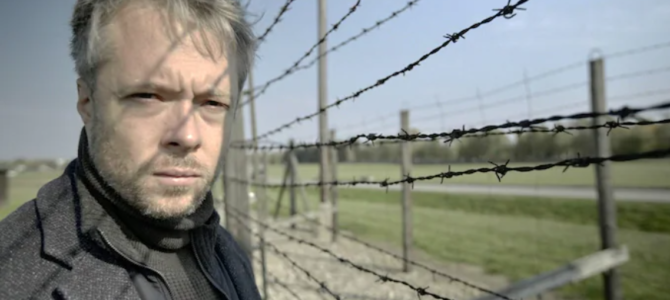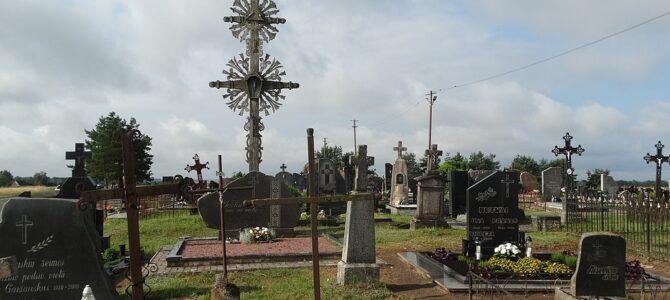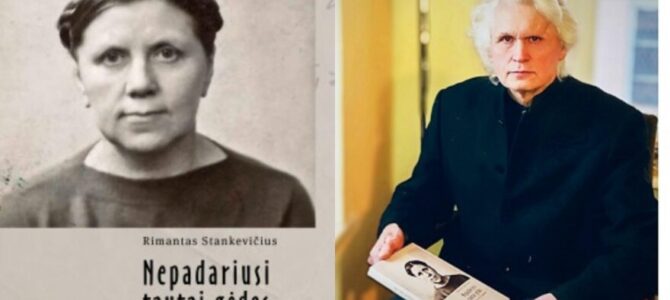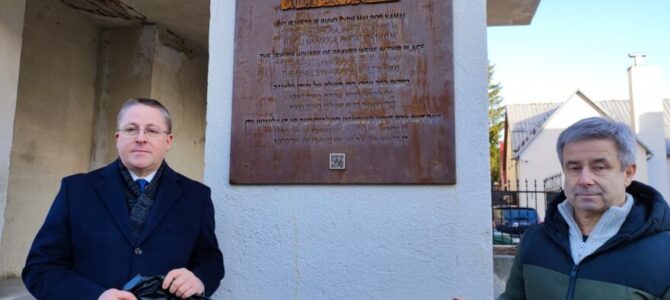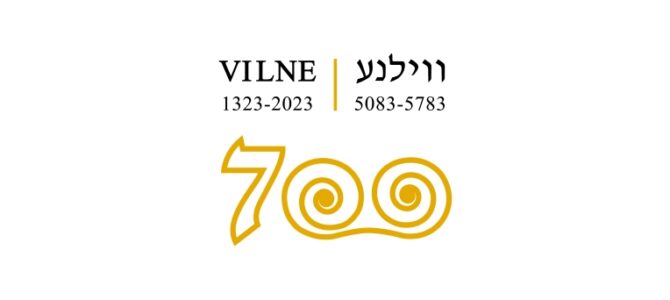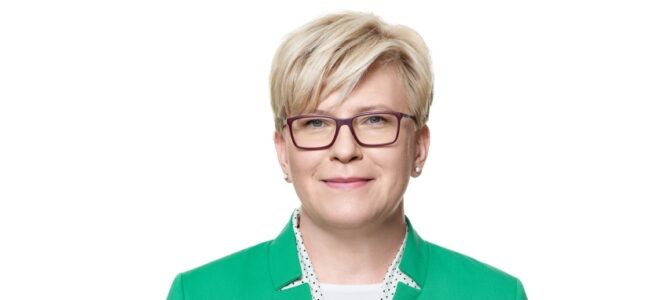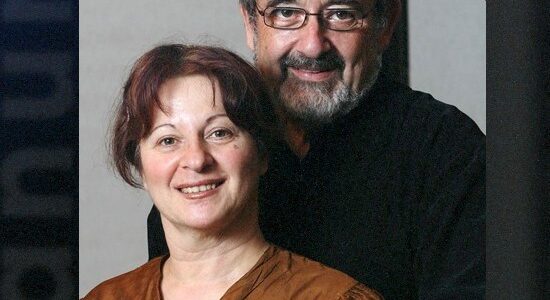“Vilna. Žydiškojo Vilniaus istorija” [Vilna: The History of Jewish Vilnius] by Israel Cohen, 2nd edition, 2023, translated by Miglė Anušauskaitė, 384 pages.
The Vilnius publishing house Hubris has published a Lithuanian translation of British writer and early proponent of Zionism Israel Cohen’s book “Vilna: A History of Jewish Vilnius.” The author was born in London to a family of Jewish immigrants from Poland. He worked as a correspondent for the Times of London, the Manchester Guardian, Manchester Evening Chronicle and Jewish World. The book was first published in 1943 by the Jewish Publication Society as part of a series showcasing Jewish communities in various countries for English speakers.
More information in Lithuanian here. See below for an excerpt from the original English edition.
§§§
“Slaptoji Kauno žydų geto policijos istorija” [Secret History of the Kaunas Ghetto Police] by anonymous Kaunas ghetto police officers, published 2021, translated by Aistis Žekevičius from the English edition edited by Samuel Schalkowsky, 504 pages.
A unique document written in Yiddish by Kaunas ghetto police between 1942 and 1943. It lay buried in Slobodka for years and was discovered in 1964 when construction was underway at the site, and turned over to the Soviet KGB. It was translated to English and published in the USA in 2014.


